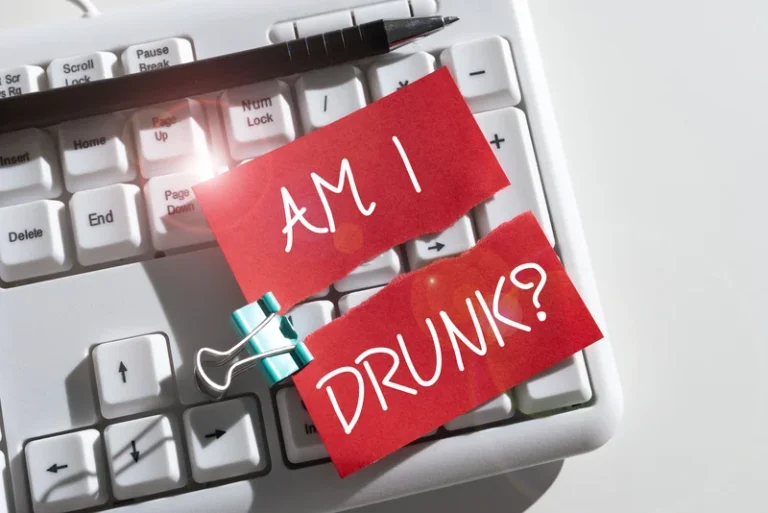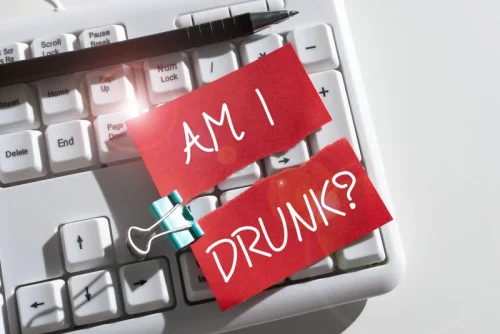
Alcohol-related liver disease also does not usually cause symptoms until the liver is severely damaged. American Addiction Centers (AAC) is committed to delivering original, truthful, accurate, unbiased, and medically current information. We strive to create content that is clear, concise, and easy to understand. At Zinnia Health, we believe every individual deserves personalized, judgment-free support. That’s why we prioritize mental health through a variety of counseling and therapeutic services.
Health Categories to Explore

And while your sober brain may think twice before, say, walking 5 miles on foot through a snowstorm, you may be more inclined to do it when you’re under the influence of alcohol. By those measurements, an average 12-ounce can of beer contains the same amount of alcohol as a 5-ounce glass of wine or a typical shot of distilled spirits like rum, vodka, gin or whiskey. Ditto for drinking mixed drinks that contain cola, tonic, juice or another liquid. It might feel like you’re staying hydrated because they go down smoother than drinking spirits on the rocks, but the alcohol is still dehydrating you. Now, add in increased sweating from the hot sun, and it’s a recipe for dehydration disaster.
Wine Spectator Podcasts
Most importantly, keep in mind that drinking excessively is what will get you in the most hot water. Binge drinking is a form of drinking that has many health risks — and there’s no exception for it even during the cold. According to the National Institute on Alcohol Abuse and Alcoholism, it’s thought that with reduced quantities of this enzyme, certain by-products build up in the body which cause the flushing. The marked vasodilation in people with this genetic trait increases the volume in the blood vessels and reduces blood pressure – making them prone to low blood pressure and dizziness. This shift in blood supply throughout your body causes you to actually lose heat, but you don’t notice because during this process you feel warmer.
The science behind alcohol’s heat
When you’re too hot, you sweat to cool down – the alcohol stops your body from being able to do that. This combined with much more heat being produced by your liver really makes you heat up in the night. The less alcohol you drink, the lower your risk for these health effects, including several types of cancer. Excessive alcohol use is a term used to describe four ways that people drink alcohol that can negatively impact health.
- However, if you start to notice symptoms such as excessive sweating after drinking alcohol, it might be time examine your habits.
- The heat can increase depending on how quickly you’re drinking and how much.
- There you have it – we’ve answered the question – why does alcohol make you hot?
- So alterations in both REM and slow wave sleep after drinking may potentially disrupt the brain’s memory processes.
- While many people naturally experience a body temperature drop overnight as they sleep, studies show alcohol might actually block this natural cycle when one is intoxicated.
- In some cases, you may even experience excessive sweating or hot flashes.
Why alcohol makes you feel warm – and other strange effects it has on the brain
Body why does alcohol make you hot temperature, however, dropped 20 minutes after the sweating began. Excessive sweating can be an unpleasant side effect of consuming alcohol. Typically this occurs when alcohol accumulates in the body, as the liver can only process around one drink per hour. Some people receiving treatment for cancer have hot flashes and night sweats.
The most noticeable symptoms of this condition is feeling hot and flushed when you drink alcohol. For some people, consuming an excessive amount of alcohol can cause unpleasant side effects such as sweating after drinking. Night sweats may also result from alcohol withdrawal or alcohol intolerance. For people who already experience night sweats, including those going through menopause, consuming alcohol can worsen the sweating. As blood alcohol levels rise in the interim, several different effects of intoxication will become more evident. If you get hot because of alcohol flushing, you have an ineffective liver enzyme to blame.
- This is because your body’s core temperature – regulated by the brain – and your body’s shell temperature – influenced by the environment – are both under the influence of factors making it cooler.
- There are over the counter supplements that can help process acetaldehyde faster to avoid these side effects however.
- Fortunately, there are new alcohol reduction options that do not require you to identify as an alcoholic, or even quit completely.
- That way you can still enjoy some drinks, but also give your liver a bit of a rest.
- You may begin to feel hot when drinking alcohol because of your liver.
What alcohol consumption really does is disrupt your ability to regulate your body temperature. This can mean releasing needed heat through sweating, and even blocking shivering when it’s cold, making it harder to warm up. If your sweating is excessive — even after just drinking a small amount — you may have alcohol intolerance.

Liquor vs. beer: Is one worse in the heat?
How you experience alcohol hot flashes may feel slightly different than someone else, but in general, a hot flash causes a warm and tingly sensation in your face and chest. Some people will feel an overall hot flush that affects their entire body. Alcohol affects every system in your body, including the central nervous system.


It’s a common myth that alcohol raises your internal body temperature, but studies show it can actually lower it. Alcohol consumption affects your ability to regulate your body temperature and also dilates blood vessels, which contributes to feelings of warmth. People who drink heavily or regularly may have night sweats several hours or days after consuming alcohol. Night sweats are a common symptom of alcohol withdrawal, which often affects people with alcohol use disorder (AUD). For some, even having one glass of wine or pint of beer can cause flushing in the face, and the more the person drinks, the redder their skin becomes. Millions of people around the world deal with an alcohol flushing reaction, or an alcohol intolerance.
